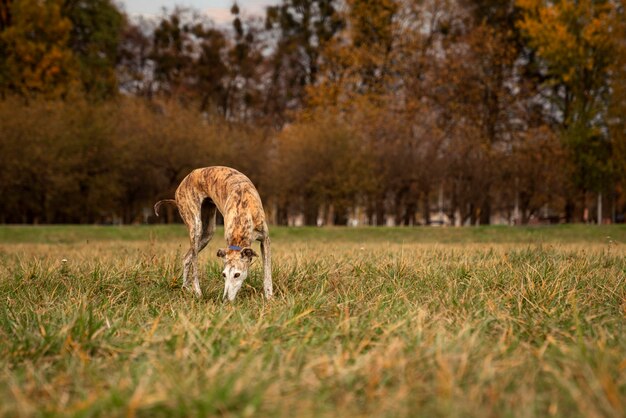Finding that a hunting dog has killed seven of your turkeys in Texas can be devastating—financially, emotionally, and legally. Understanding what your rights are, what laws apply, and how to handle the situation can make a big difference in resolving things properly. Here’s what you need to know.
1. Know What Kind of Turkeys: Wild vs. Domestic
First, determine whether the turkeys were wild (native wildlife) or domestic (owned livestock or birds kept by a person). The consequences differ greatly:
3. Immediate Steps to Take After the Incident
If this happens to you, here are actions to pursue:
- Secure the scene: Keep the dog under control; prevent further damage.
- Document everything: Take photos of: the dead turkeys, the surroundings, the dog if possible; note the date, time, location.
- Identify the dog and/or owner: If the hunting dog belongs to someone else, try to gather enough information (their name, address, etc.).
- Report if needed:
- For wild turkey, contact the Texas Parks & Wildlife Department (TPWD).
- For domestic turkey, animal control or local law enforcement may be needed.
- Estimate losses: Value of the turkeys, any costs (e.g., feed, loss of future production), emotional value if relevant.
4. Legal and Financial Liability
- For Wild Turkey: If a person’s dog kills a wild turkey outside of lawful hunt, the handler may be violating state wildlife laws and possibly face penalties from TPWD.
- For Domestic Turkey: If your turkey is livestock/customarily owned, the dog owner could be held liable for the loss. That may involve small claims court or civil restitution.
- Proof & Liability: To win any claim, you’ll need evidence: that your turkeys were your property; that the other party’s dog did the damage; that damage is quantifiable; that negligence may be involved.
5. Penalties for Violations
Depending on circumstances, possible legal consequences include:
- Fines under TPWD regulations if wildlife laws are broken.
- Civil damages for property loss.
- Criminal charges in rare or egregious cases if there is negligence or repeated violation.
- Having to pay restitution (monetary compensation) for wildlife resource loss.
6. Ethical Considerations
Beyond legality, there are ethics involved:
- Respect for wildlife and private property
- Responsibility of dog owners to control their animals, especially in sensitive ecosystems or during nesting and breeding seasons
- Transparency and fairness in resolving disputes
7. Prevention & Mitigation
To avoid these situations in the future:
- For turkey owners:
- Secure fencing or enclosures.
- Night-time coops or shelters.
- Supervise free-range time.
- Clear signage or notice to neighbors about your birds.
- For hunting dog owners:
- Training: enforcement of basic obedience (recall, “leave it”, control in field).
- Use of leashes or GPS collars when needed.
- Avoid hunting or letting dogs roam near farmsteads or livestock.
- Awareness of where wild turkeys are and respecting hunting season restrictions.
8. Possible Outcomes & Resolutions
After gathering evidence and contacting the parties involved, possible resolutions include:
- A private settlement (dog owner compensates you)
- Filing a claim in small claims court for property damage
- Involving TPWD if wild turkeys were involved and hunting laws may have been breached
- In some cases, mediation to avoid formal legal action
9. What If You Can’t Identify the Dog or Owner?
If the responsible dog owner is unknown:
- Still document everything thoroughly.
- Check for witnesses.
- Report to local animal control; some statutes allow for anonymous reporting of animal damage.
- Sometimes, community or local government may assist, especially if this is part of repeated incidents in the area.
10. Key Takeaways
- Wild turkeys are protected; harming them can bring legal trouble.
- Domestic turkeys are property; damage caused by others can be claimed.
- Evidence is critical for any claim.
- Prevention—through good fencing, supervision, training—is much better than dealing with damage after it occurs.
- Understanding your local laws (county, state) is essential; regulations and liability can vary.

